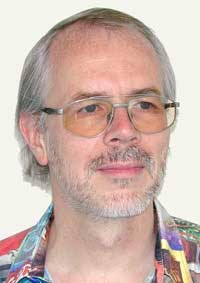05-MAG-RE1 Renewable Energy in the Earth System
Representative Volkhard Spieß
Objective of the module is to give an overview of different renewable energy resources and ways of their exploitation. Covered energy resources include wind energy, ocean (wave and tidal) energy, geothermal and relief energy as well as radiation (solar) energy. Before elaborating on the specific resources, general principles of energy in the earth system are introduced. Based on this the principles behind the specific type of energy are discussed in dedicated blocks together with approaches for an assessment of the resource and further impacting factors. Corresponding methods, that are taught in the course and applied in exercises, include measurement concepts, numerical modelling and the quantitative analysis of relevant datasets.
Topics with respect to the exploitation of the respective type of renewable energy are covered in the seminar. Here, practical realizations are discussed with a focus on their technical and economic challenges.
know about general (physical) principles of energy in the earth system;
know about and evaluate different renewable energy resources;
know how to apply quantitative methods for assessing respective energy reosurces (based on dedicated measurement approaches and numerical modelling);
have an overview of approaches of renewable energy exploitation
Course Type 1: Lecture, Exercise (L+E) 4.0 SWS ( 56.0 h)
Course Type 2: Seminar (S) 0.5 SWS ( 7.0 h)
Tutorial(s): -
Workload:63.0 h presence time
77.0 h self-study
40.0 h exam workload
180 h total workload
combination exam
exam elements: 2
SL: 0
60 % written exam
40 % colloquium
x
Basic Data
Master Applied Geosciences
Module Type
Compulsory
First Year of Study
Offering Departement
Wintersemester
Course LanguageEnglish
6 CP
4.5 SWS
Contact

Contact
Prof. Dr. Volkhard Spieß
GEO 4550
 uni-bremen.de
uni-bremen.deContact

Contact
Prof. Dr. Volkhard Spieß
GEO 4550
 uni-bremen.de
uni-bremen.de
